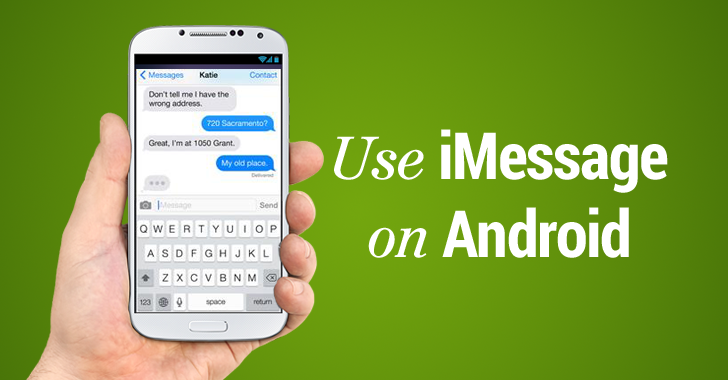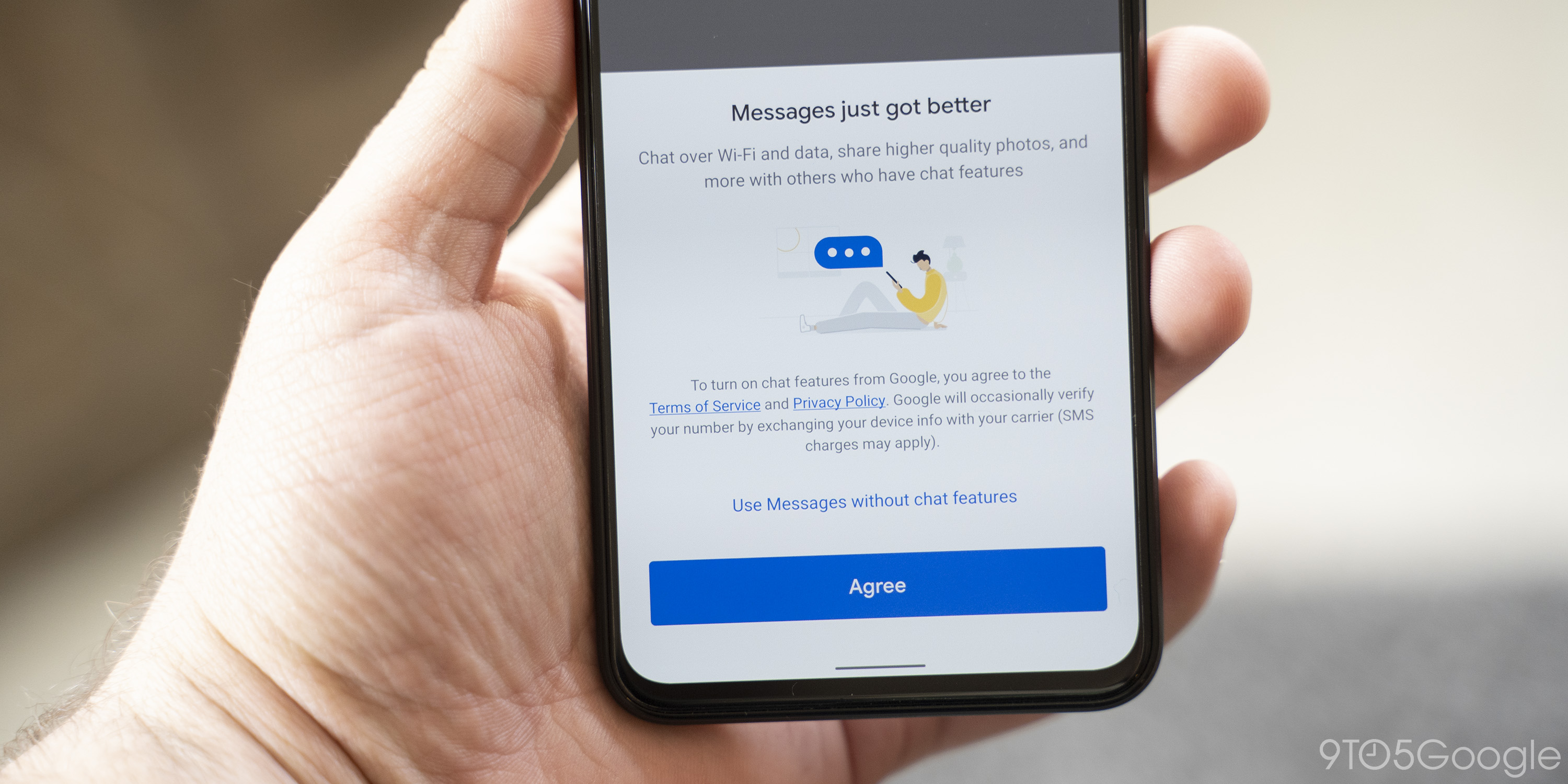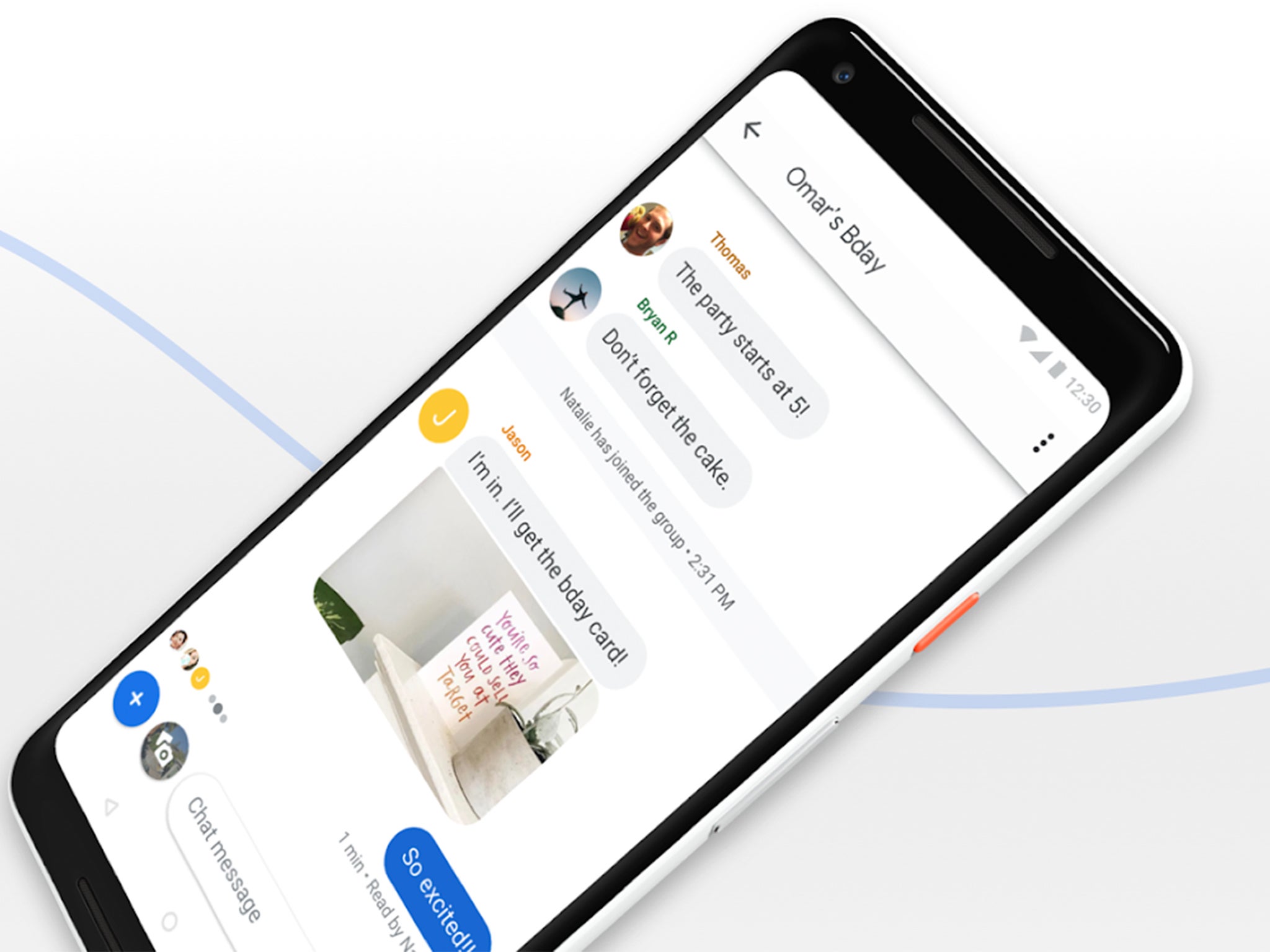

My preferred texting app is Signal, but the barrier to get iPhone users in the US to switch is still too high. But I love that iMessage makes it easy for my friends and family to have a default-secure way to text me. I hate that it’s only available on Apple products. I hate that it co-opts text messaging in such a way that invisibly opts Apple users in without their active choice. That, if nothing else, is the genius of iMessage. Secure messaging should be the default for everybody Privacy isn’t just for people savvy enough use the right app or flip the right button. Everybody deserves and should expect a basic level of privacy protections, and end-to-end encrypted chat should be the rule, not the exception. But as the cliched response goes: that’s not the point. Those carriers have other priorities vying for their attention: mergers, 5G, and television services to name but three.Īs the cliche goes, I don’t think I have anything to hide from any government (though, as a journalist, I suspect that’s not entirely true).
#Anything like imessage for android for android
Unfortunately for Android users, broader adoption of RCS and the glimmer of hope that it might be secure by default someday are both in the hands of the carriers. He also suggested that it would be possible to layer end-to-end encryption on top of RCS at some point in the future. This year, at Google I/O, the head of Google’s communications group Hiroshi Lockheimer admitted that he was dissatisfied with the pace of adoption for RCS.

Google has, in effect, ceded the entire market after years of self-inflicted failures in messaging. Providers can keep copies in their servers, fully readable by anybody with access to them, fully available to any government that successfully issues a subpoena. It follows the same rules as standard SMS text messages. What’s worse: RCS is not end-to-end encrypted. It happens not just carrier by carrier, but phone by phone. The rollout of RCS has been slow - very few people have actually seen the word “text” turn to “chat” in their messaging app, which is the subtle indication that the conversation is now happening over RCS. Just over a year ago, Google revealed its plan for messaging to me: it was going all-in on RCS, the next-generation protocol designed to replace SMS. Google has failed to provide an easy-to-use and secure option to Android users Instead, Google is letting the phone carriers drive, with all-too-predictable consumer-hostile results. It’s a reasonable thing to be worried about, but it still sucks. Instead, it has chosen to act as though that power isn’t real, perhaps in order to avoid even more antitrust scrutiny. It’s maddening because as big as the network effect for iMessage in the US may be, it is nothing compared to the potential network effect of Android, which has over 80 percent of the global smartphone market.īut Google isn’t trying to leverage that market power - in fact, it seems like it is afraid to do so. It is everything that Google could have had if it hadn’t frittered GChat away into Hangouts and then into I don’t even know what. It’s fast, reliable, extensible, secure, and simple. It works seamlessly across multiple Apple devices, including the Apple Watch. They just want to tap the icon that says “Messages” and send messages.Īnd I have to admit that iMessage is great.

Most will gamely give it a shot, but most people on iPhones don’t want to deal with a folder of chat apps and remembering which contact uses which app. Name a messaging app, and I have used it and tried to get my friends and family to try it. There’s a reason Apple gives Android users a green bubble in iMessage Since I can’t get my network to use something else, I owe it to them to use the thing they can’t switch away from. It’s simply this: I have come to believe that using a secure chat app is increasingly a moral imperative, and I have failed utterly and completely to convince enough people in my social network to switch to a third party, end-to-end encrypted chat app. It wasn’t because iMessage is a better product than other chat apps - although it very much is from a regular user perspective. My decision to flip on iMessage (and deal with the effects of that action, which I will get to) wasn’t because of blue-bubble social pressure that somehow turning on iMessage would subtly make it more likely that my own family talks to me more. But for me, it’s extremely consequential and sadly informative about the state of messaging in this country. The decision to use iMessage is super minor for the vast majority of people, especially in America where Apple’s messaging service has its strongest base of usage. After years of refusing to turn on iMessage - even when I’m using an iPhone - I have flipped that little toggle button to on, and I don’t know when (or if) I’ll ever be able to turn it off again.


 0 kommentar(er)
0 kommentar(er)
